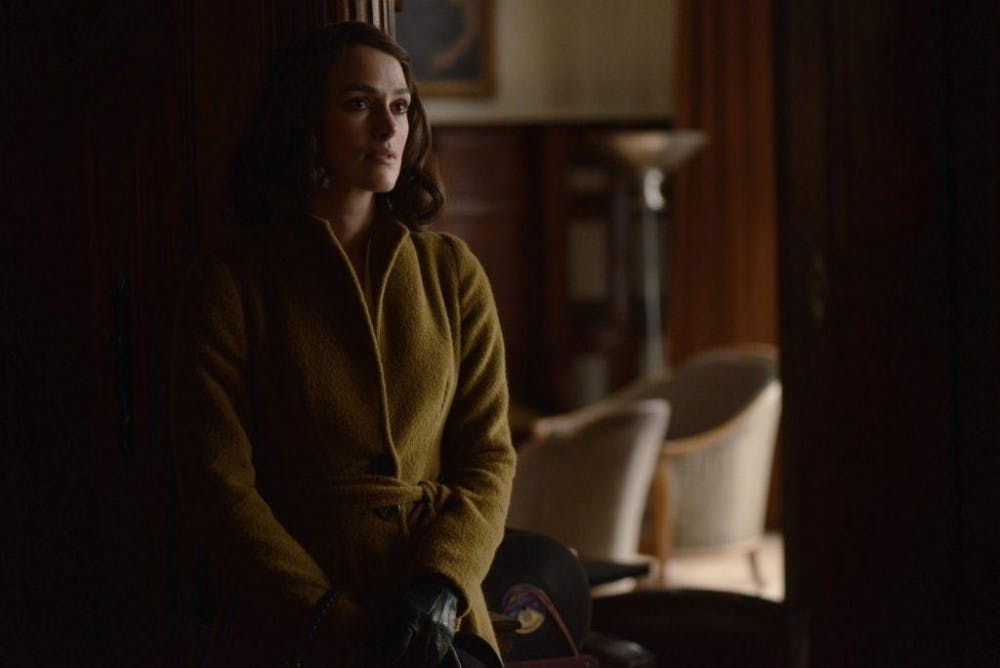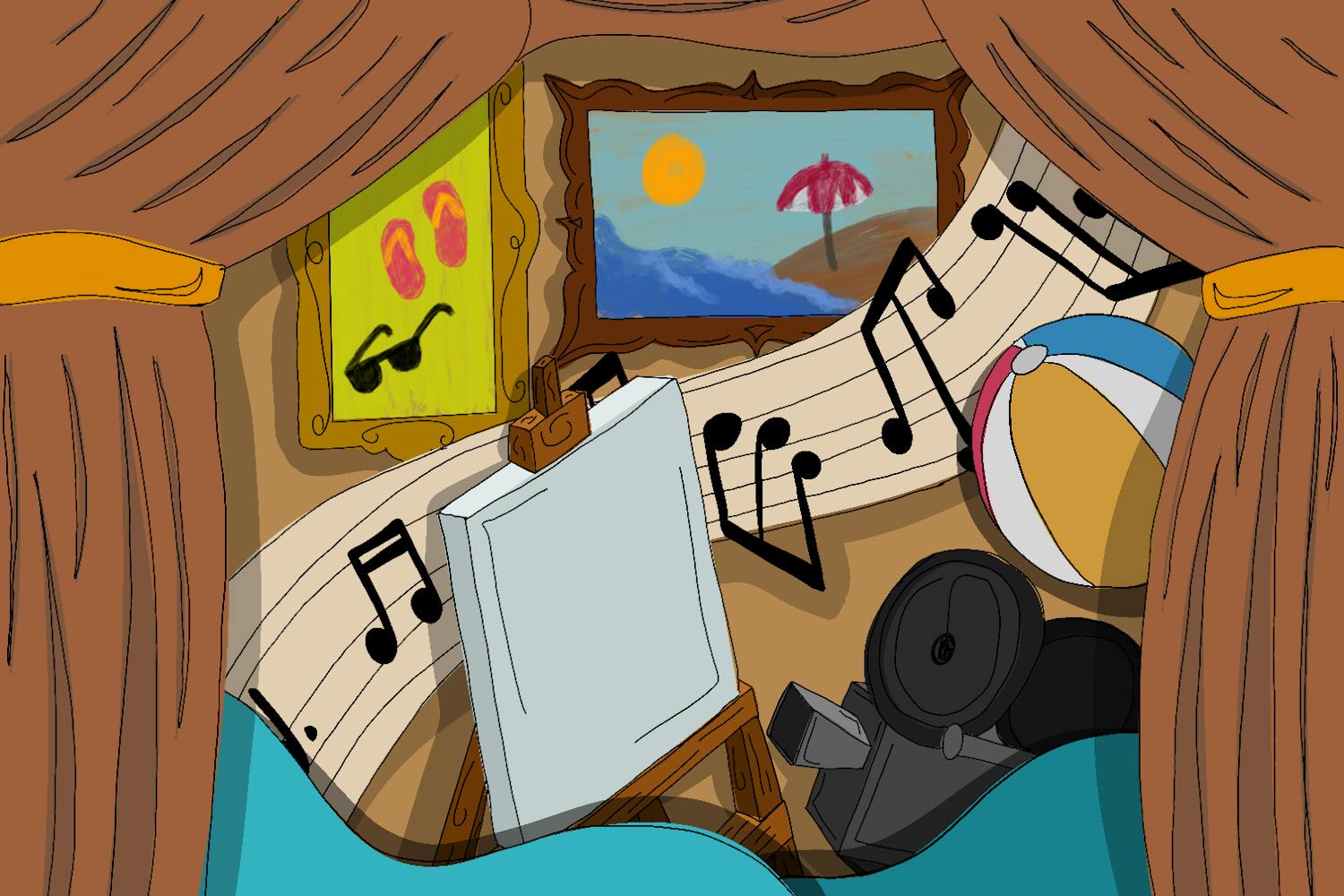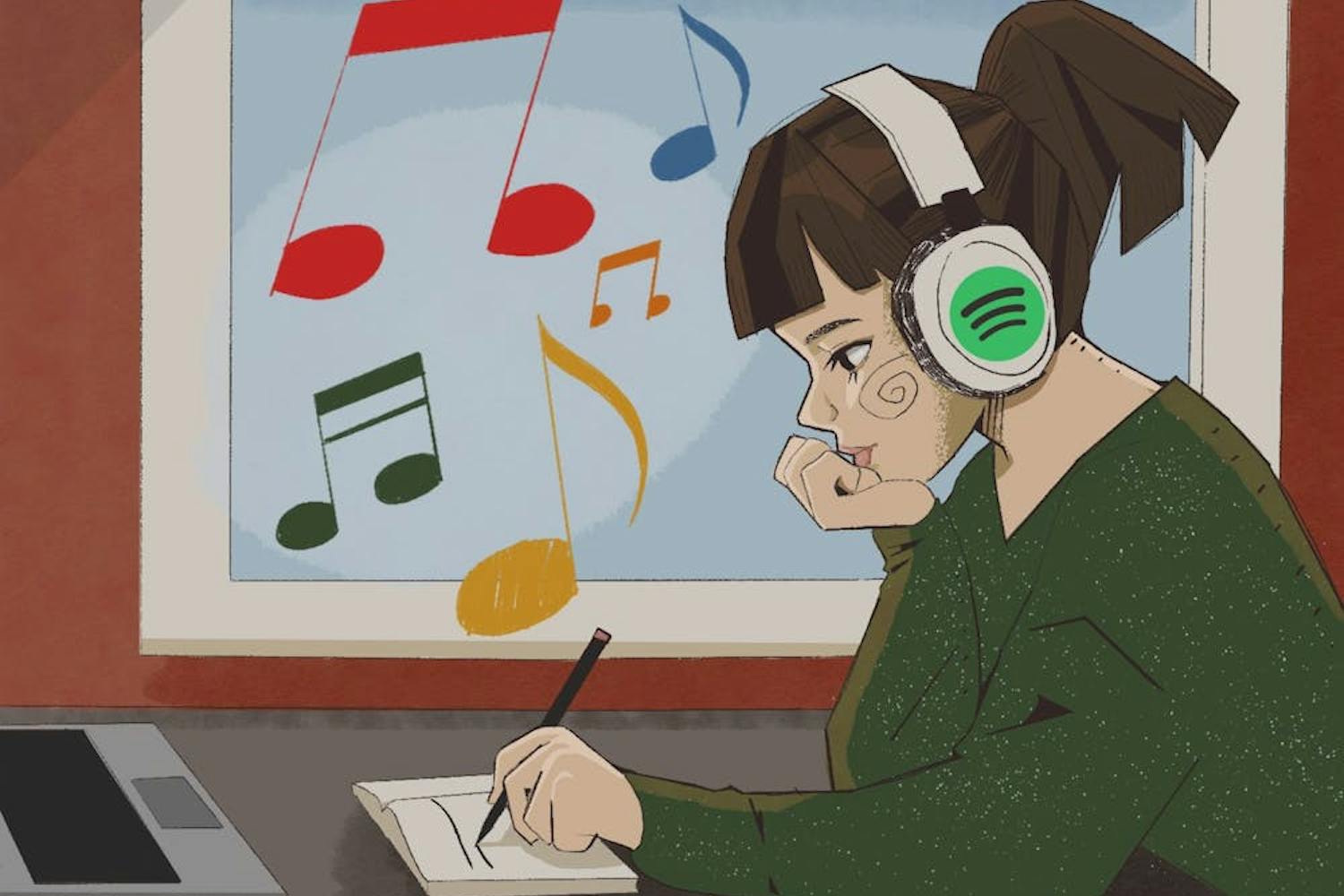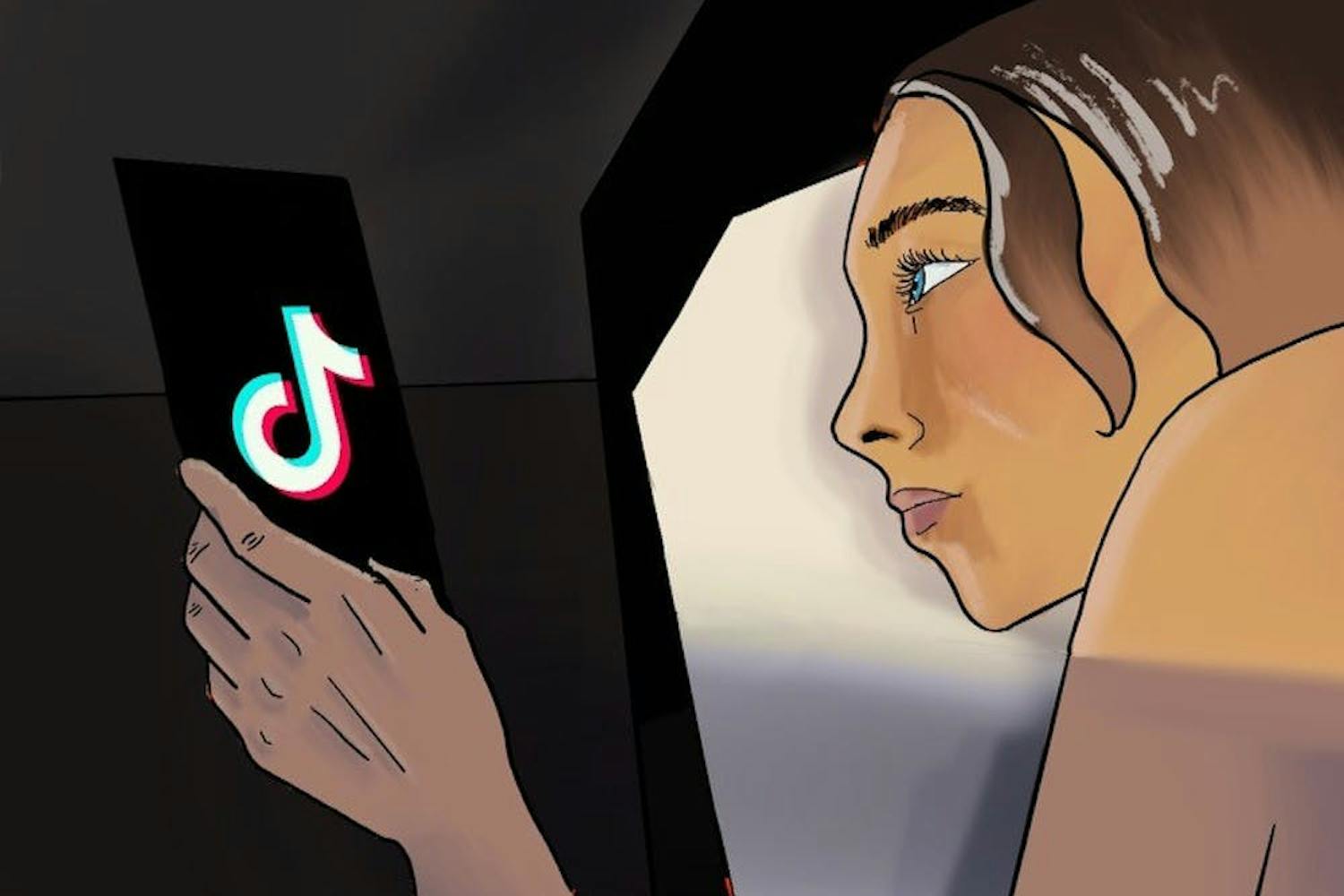The period between the end of World War II and the start of the Cold War is a fascinating piece of global history; a time when the world's nations finally ceased fire and had to come to grips with the atrocities committed by each side.
These tensions make for a landscape full of both endless hope for the next decade and endless doubt to trust anyone after years of war.
In film, this period of time is usually confined to an epilogue or passing scene, but to see an entire film in this setting, in the midst of former Nazi Germany nonetheless, had some potential to it. Yet, "The Aftermath" seems to have little interest in tackling that potential, instead wanting to just be another luxurious period piece. It wants you to focus on its set pieces and costumes rather than thinking about the consequences of the world they inhabit, and the lack of an interesting romance dynamic doesn't help.
In the aftermath of World War II, Allied nations began the process of aiding the Axis nations in rebuilding, including English aid to the now ruined Nazi Germany. This is where we find our main characters at the start of the film. Rachael Morgan (played by Keira Knightley) is a woman traveling to Germany to meet her husband, Lewis (played by Jason Clarke), a colonel who is leading the post-war recovery efforts in Hamburg. The army assigned them to live in a home owned by a former architect, Stephen Lubert (played by Alexander Skarsgård), and his daughter Freda (played by Flora Thiemann).
Stephen lost his wife in the bombings and is now finding work at a local factory. At first, the two duos stay out of each other's way, but eventually begin to interact more. Rachael and Stephen in particular begin to take comfort in each other's company as Lewis is often out dealing with tensions between the soldiers and the local German citizens. As the two begin to forge a possible romance, they have to decide where their loyalties lie and how the wounds of a post-war society play into that.
If the endgame of "The Aftermath" is to be seen as an old-school stylish period piece, then it definitely earns that to some degree. Director James Kent, best known for his work on the Hulu series "11.22.63," gives the film, especially during in-home scene, a modern feel that contrasts well against the ruins of Hamburg, and costume designer Bojana Nikitovic's work makes the characters stand out.
Even the performances themselves have something to offer. Knightley, at least for a time, locks us into Rachael's overall sense of disillusionment. In addition, Clarke and Skarsgård each get at least a moment in the film to show they're capable performers, despite being misused characters. It gives the film moments where the audience can feel this is a human story.
The issue is that whichever way you look at the film, neither feels compelling enough to remember. If you look at the film as an exploration of the tensions in the aftermath of World War II, it fails. The film tries to get you on its side with mentions of how Nazism survived Hitler's death and how the people saying they are helping are the ones who caused the mess in the first place. These ideas can work if they're given proper attention, but they mostly get relegated to side plots that take backseat to the romance element of the story.
If you to try and look at it as a romance, that doesn't work very well either. For a love triangle to work, the romances involved need to have enough chemistry for the audience to believe that one of these could work in the end, and really, neither of these are incredibly interesting. The only time I'll give it points for is the ending, where there is a semblance of actual love and honesty between the characters, and I wish I cared up until that point because then it might have actually mattered.
If "The Aftermath" insists on making importance out of its story and characters, it can't slide by solely on the merit of "it's World War II and things were bad." If you're the type of person who can't resist seeing the latest period piece and loves seeing that style put to wartime stories, then by all means, don't let my review dissuade you. For anyone else, there's plenty of World War II stories out there, and many of those are more interesting.
Overall, I give "The Aftermath" 4/10 stars.
Reach the reporter at brandon.D.King@asu.edu or follow @TheMovieKing45 on Twitter.
Like The State Press on Facebook and follow @statepress on Twitter.




